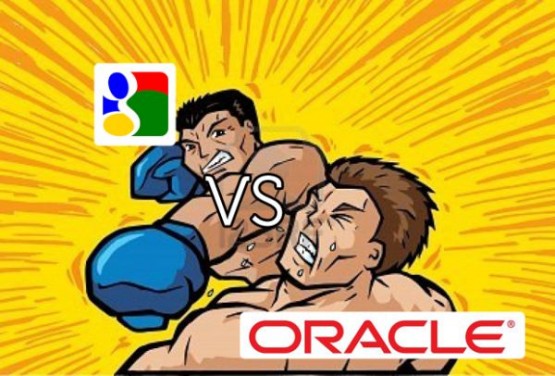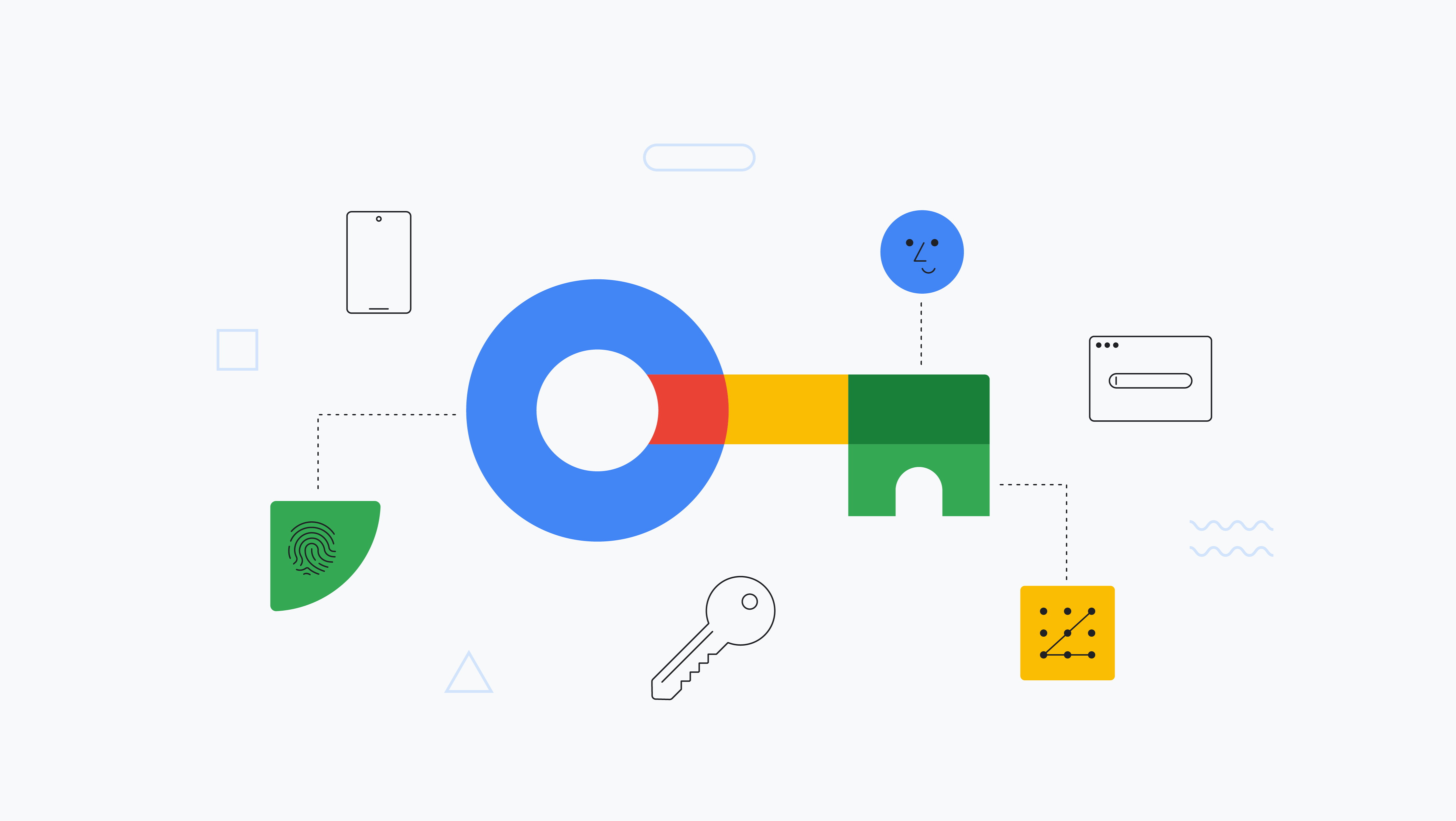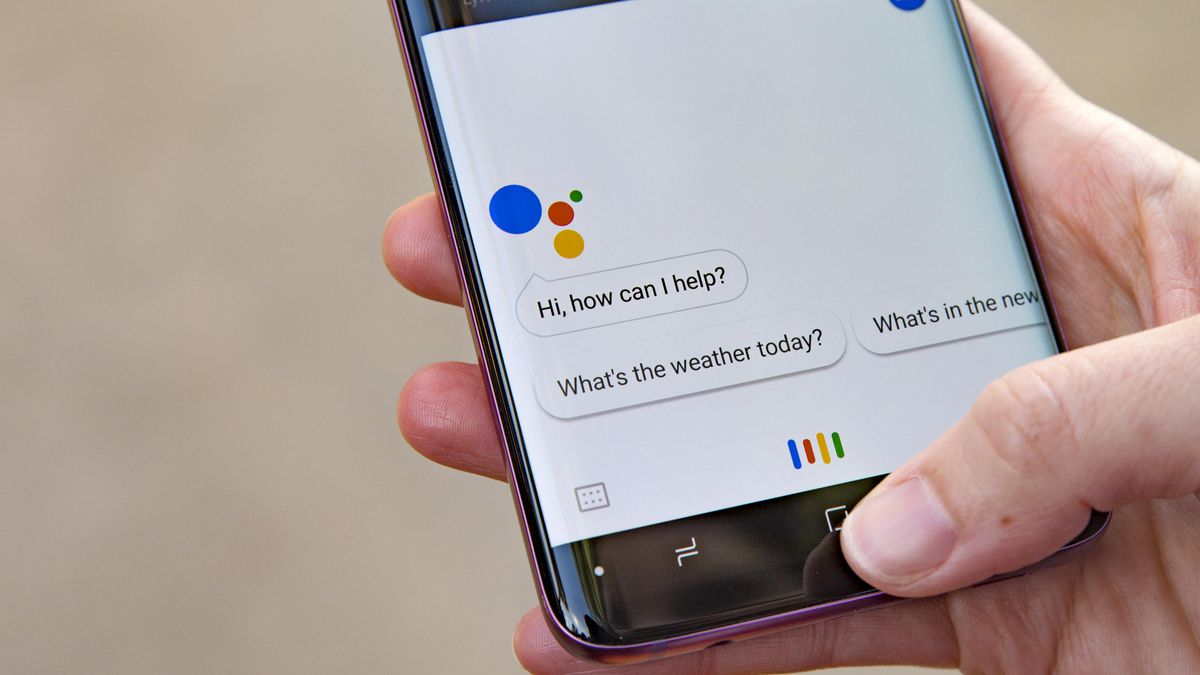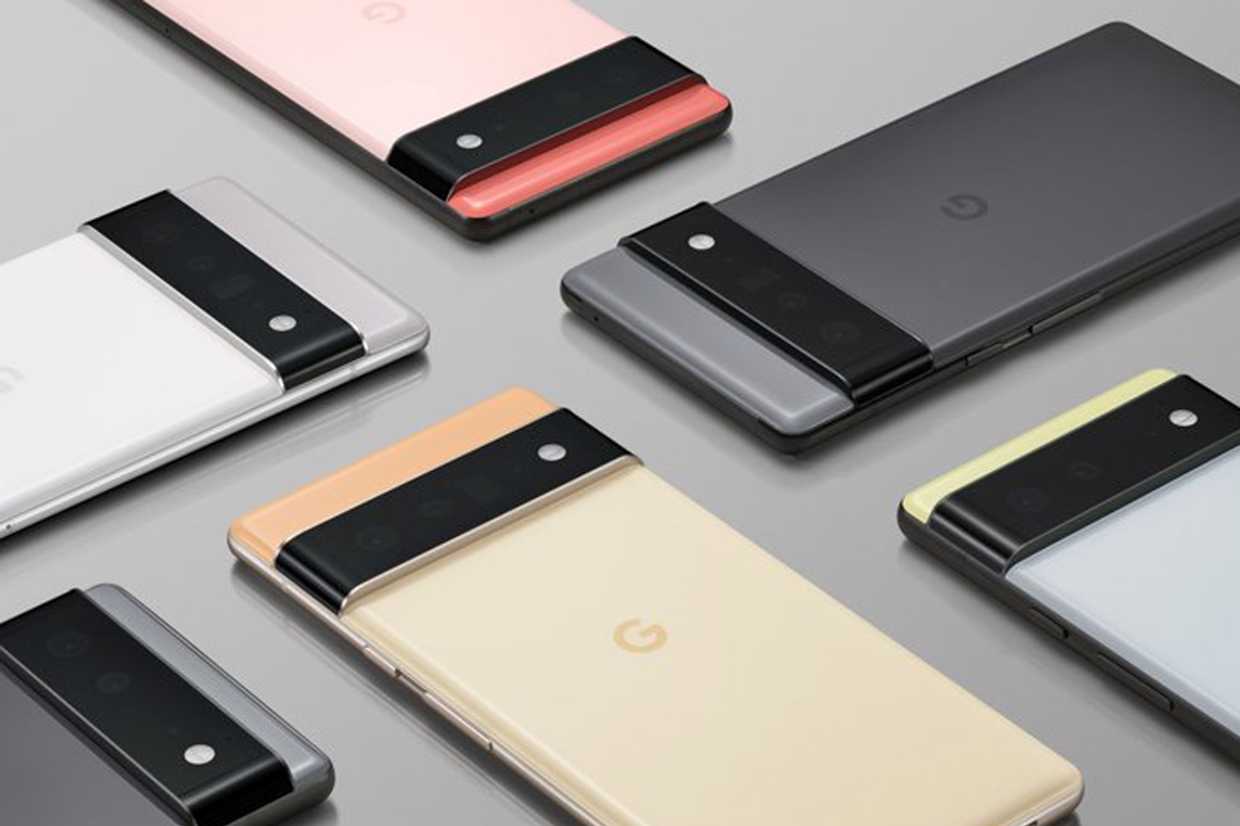After a long and drawn out six-year legal battle with Oracle over Android code copyright, a jury had ruled that Google’s use of Java in its application programming interface (API) did not infringe on patents and copyrights held by Oracle.
The case involved Oracle’s claim that Google had infringed its copyright by using 11,500 lines of Java code in its Android operating system. The jury ruled that Google’s use of 37 Java APIs was “fair use.” The news should be welcomed by developers, who typically rely on free access to APIs to develop third-party services.
“I salute you for your extreme hard work in this case,” US district judge William Alsup told the jury, who had deliberated for three days at San Francisco federal court. “I know there will be appeals and the like.”
Oracle had contested that Google’s use of its proprietary Java code exceeded fair use, and was seeking damages of up to $9 billion. Android is by far the most popular mobile operating system, with 1.4 billion monthly active users worldwide and a market share of more than 80%. In 2015 alone, those users downloaded some 65 billion apps.
If the company that owns the original code language (as Oracle does with Java), it can claim ownership over systems which use parts of its code, in varying sizes, that might have a serious dampening effect on developers. Few of those developers have Google’s deep pockets and legal artillery to call into battle in their own defense.
The verdict marks a victory for Google of the latest battle in a years-long war between these two titanic companies. Oracle, however, is likely to appeal the verdict.
When it was originally developed, Android partly used Java to build its API. At the time, Java was a widely used language, developed by Sun Microsystems in the 1990s. When Sun was bought by Oracle in 2010, and after unsuccessfully trying to negotiate for a deal which would allow Google to license the Java APIs, Oracle began the suit for copyright and patent infringement.
The “fair use” decision in this case sets a strong precedent in an industry where programs and apps are often as much constructed from various building blocks of code that already exist as they are from whole cloth.
“This case should never have gotten this far,” Tyler Ochoa, a professor at Santa Clara University School of Law who specializes in copyright law. “Oracle trying to use software copyright to protect a portion of the software that’s basically functional, and copyright isn’t supposed to protect functional things,” he added.



